加入 getAbstract 阅读摘要
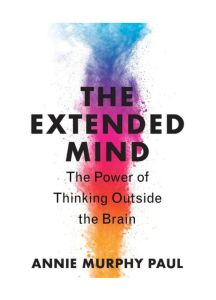
加入 getAbstract 阅读摘要
Annie Murphy Paul
The Extended Mind
Talks at Google with Annie Murphy Paul
Talks at Google, 2022
看看什么内容?
Learn research-based practices to help you think better – by getting out of your head.
Recommendation
The acclaimed author of The Extended Mind: The Power of Thinking Outside Your Brain, Annie Murphy Paul, wants you to harness the more profound potential of your mind – by getting out of your head. In an enlightening, hour-long Talk at Google about her book, Paul confirms that thinking happens best when you access the wisdom of your body, physical surroundings and social connections. She offers simple research-based exercises to awaken your deeper mind and access its knowledge.
Summary
About the Speaker
Annie Murphy Paul is a senior writer for NPR’s Hidden Brain podcast and a former senior editor at Psychology Today. She is also the author of Origins: How the Nine Months Before Birth Shape the Rest of Our Lives and The Cult of Personality Testing: How Personality Tests Are Leading Us to Miseducate Our Children, Mismanage Our Companies, and Misunderstand Ourselves.











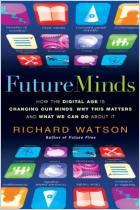
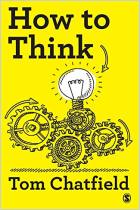

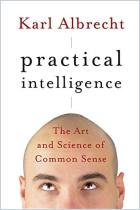
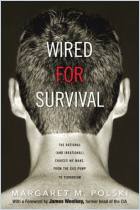






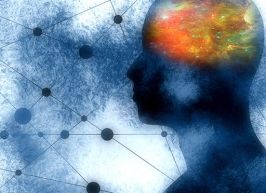
Comment on this summary